One of the many ways climate change takes form is through environmental injustice, infiltrating communities globally, affecting the quality of our air, water, and right to occupy land. These injustices disproportionately affect communities of color, a phenomenon that has been particularly illuminated in the past year due to the detrimental effects of COVID-19.
Black people constantly face the compounded impacts of existing inequities, magnified in times of national hardship. Last summer, when communities took to the streets to peacefully protest the murder of George Floyd and countless innocent Black men due to police brutality, they were met with brute police force, causing panic and terror in the cities many protestors called home. Black communities grieve the loss of loved ones while continuing to battle racial injustice in the healthcare and criminal justice systems.
Though many people turn a blind eye, we are fortunate to have folks in our communities that actively speak up against injustice and shed light on the issues affecting their communities. Despite stereotypes of disinterest in environmental issues among African-Americans and Black people, they are far from strangers to the movement. Environmentalism, in other words, is a black issue. Throughout time, Black-led climate movements have demonstrated resilience, ingenuity, and grit in the face of adversity. It is important now, more than ever to elevate and support Black leadership in the environmental sector, to implement climate solutions built upon those same values of resilience and equity. This Black History Month and beyond, we recognize and celebrate the efforts of 11 Black Environmental Activists (and so many more), working to make the world a better, healthier, and more just place.
1. Lori Caldwell, Owner/Operator, CompostGal Consulting, Landscaping & Education
Gardening can easily be overlooked as an act of resistance, but in reality teaching people to create sustainable gardening environments helps connect communities to their land, putting the power and agency to grow food and herbs back into the people’s hands. Lori Caldwell provides sustainable gardening classes covering composting, healthy soil building, native plants, and Integrated Pest Management for beginning and intermediate home gardeners. She also provides onsite composting consultation and management for homes and businesses, and sheet mulching conversion installation services. Lori’s goal is to help people in the community build beautiful sustainable gardens. Check out the EcoCalendar to register for one of Lori’s upcoming classes!
2. Aniya Butler, Youth vs. Apocalypse
Aniya Butler is part of the Youth Vs. Apocalypse, a youth climate action group that amplifies the voices of people of color and stands up for environmental justice. She’s helped to organize climate strikes with tens of thousands of attendees. She also empowers young people by equipping them with tools of environmental literacy to ensure that knowledge and skills are passed onto future generations for a more equitable and sustainable future. Read about her work with the California Environmental Literacy Initiative and the California Youth Lead the Movement for Environmental Action. You can support the Youth vs. Apocalypse Movement by donating here.
3. Jessica Jane Robinson, CEO and Founder, Resilience Birthright, Inc.
Jessica Jane Robinson is a zero-waste practitioner, environmental advocate, and graphic novelist in the Bay Area. She is known as Recycle and Resilience Woman, and served as the former Miss Alameda where she helped the city address local climate action plans and implemented recycling and composting programs all over the Bay Area. Through her programs she aims to target cultural and behavioral changes to reduce the impacts of climate change, and challenge the way we think about consumption and waste. Jessica started Resilience Birthright Inc, a nonprofit dedicated to raising awareness and empowering communities to solve climate change and support planet restoration. You can support Jessica’s work by donating to Resilience Birthright, Inc and purchasing your copy of her graphic novel, Resilience Birthright: Origins of Resilience.
4. Leah Thomas, Founder, The Intersectional Environmentalist Platform, @greengirlleah
Leah Thomas is an eco-communicator who is passionate about environmental advocacy and exploring the relationship between social justice and environmentalism. She founded eco-lifestyle blogs, @greengirlleah and @thegreensgirlco and started The Intersectional Environmentalist (IE) Platform, a resource and media hub that provides education and highlights the intersectionality of social justice and sustainability. While IE was built to address the unjust murders of Black lives and the silence from the environmental community, they are committed to amplifying the voices of all those fighting to uplift underserved communities, preserve cultures, and protect our planet. Her articles on this topic have appeared in Vogue, Elle, The Good Trade, and Youth to the People and she has been featured in Harper’s Bazaar, W Magazine, and numerous podcasts. With creative, informative, and concise infographics, it is no surprise that she’s gained a great following spreading awareness of intersectional environmentalism. You can support Leah’s work by making a one-time donation or supporting their patreon platform.
5. Wanjiku (Wawa) Gatheru, Founder, Black Girl Environmentalist
Environmental justice advocate and founder of Black Girl Environmentalist (@blackgirlenvironmentalist), Wanjiku Gatheru, breaks barriers, becoming the University of Connecticut’s first Rhodes Scholar in 2019. Gatheru was recognized for her work identifying barriers for people of color in the environmental field. She paves the way for other black environmental leaders and challenges others to tackle climate change and sustainability issues through antiracism work. Read her Glamour article “Want to Be an Environmentalist? Start With Antiracism.” Wanjiku’s goal is to ensure that black voices are at the center of mainstream environmental sustainability discourse to ensure that communities like her own are represented. You can support Wanjiku by following @blackgirlenvironmentalist and visiting her webpage for writing and speaking opportunities.
6. Reverend Dr. Ambrose F. Carroll, Co-Founder and CEO, Green The Church
Reverend Dr. Ambrose F Carroll, serves as the Senior Pastor at The Church by the Side of the Road in Berkeley, CA. Born and raised in Oakland, CA, Ambrose proceeded to complete his undergraduate degree and further received a Master of Divinity (M.Div.) from Morehouse School of Religion in Atlanta, GA, a Doctor of Ministry (D.Min.) from United Theological Seminary in Dayton Ohio, and a Master of Business Administration (M.B.A.) from Golden Gate University in San Francisco, CA.
After serving at many churches, Ambrose took his skills and well-rounded education back to the Bay Area to create a national campaign to “Green The Church”, a non-profit leading the creation of sustainable programs to undergird the work of creating green and efficient church buildings. By mobilizing Black churches to combat climate change, Green the Church is ensuring that community members are able to stay in their communities with hopes of a sustainable and equitable future. Much of Dr. Carroll’s efforts center around the importance of transitioning to a clean energy economy and away from dirty fossil fuels and ensuring Black churches and green theology are a part of local and national environmental policy conversations. Read more about Green the Church and Ambrose’s work. Click here to support Green the Church and Church by the Side of the Road by donating to their causes.
7. John Francis, “PlanetWalker”, Author and Environmentalist
John Francis, known as the “Planetwalker”, began walking around the world after an oil spill hit the Bay Area in 1971. Francis made a commitment of social responsibility to the planet, and eliminated his use of motorized vehicles and later made a vow of silence that would last 17 years. In that time he started a nonprofit, Planetwalk, dedicated to environmental awareness, received several degrees including a PhD in Land Resources from the Gaylord Nelson Institute for Environmental Studies at the University of Wisconsin-Madison. Since then Dr. Francis has walked and sailed around the world teaching environmental education in Cuba, Venezuela, and the Caribbean. In 2005, he published Planetwalker: How to Change Your World One Step at a Time. Presently, Dr. Francis works as an education fellow with the National Geographic Society, teaching, Develop Planetlines, an environmental studies curriculum for K-University, that uses walking as a vehicle and employs GPS and GIS technologies to collect and share quantitative and qualitative data online. You can support John’s work by donating to Planetwalk or subscribing to their newsletter to receive news of Planetwalk events.
8. Dr. Dorceta E. Taylor, Professor of Environmental Justice, Yale School of the Environment
Dr. Dorceta Taylor is an environmental sociologist known for her work in environmental justice, and racism in the environmental movement. She is a professor at the Yale School for the Environment and prior to that she was a professor of environmental sociology of food systems at the University of Michigan’s School for Environment. In addition to molding the minds of academic scholars, Dr. Taylor has authored many influential texts including her 2014 book, Toxic Communities: Environmental Racism, Industrial Pollution, and Residential Mobility (New York University Press), which examines the racial and socio-economic dimensions of exposure to environmental hazards in the U.S. Her work has been recognized for its significance by the Sierra Club, The Smithsonian, the Department of the Interior and many more. Read more about Dr. Dorceta Taylor’s work. You can support Dr. Taylor’s work by reading her books: The Rise of the American Conservation Movement: Power, Privilege, and Environmental Protection, and The Environment and the People in American Cities, 1600s-1900s: Disorder, Inequality, and Social Change.
9. Ron Finley, Gangsta Gardener for the Urban Community
Ron Finley is a gardening educator determined to change South Central Los Angeles from food desert to food forest. He started his work by planting a vegetable garden strip on the curbside next to his home, seeking to plant food rid of toxins. A home-town hero, Finley describes that he, “wants his actions to be educational, inspiring, and nutritious. He wants kids to grow up with the option of healthy food, instead of fried, fattening staples. He wants to sweep up and transform his street, his hood, the city of LA and communities everywhere.” He started the Ron Finley Project to generate nutrition for his community and jobs for local residents to create a self-sufficient community hub of gardening, education, cooking, and business management. Read more about The Ron Finley Project. You can support the Ron Finley project by donating, or following them on Instagram, Facebook, and Twitter.
10. Teresa Baker, Founder, The African American National Park Event
Teresa Baker is founder of the African American National Park Event, providing communities across the country with opportunities to participate in events that speak to culture, heritage, and lifestyle. Through her work, she has changed perceptions and behaviors in National Park culture to help foster a future generation of diverse, informed, and loyal park stewards and outdoor enthusiasts. She was featured in the short film, Our National Parks belong to everyone. So why are they so white?, featured at the 2019 Wild and Scenic Film Festival. Read her article, On the Eve of the National Parks’ Centennial, We Must All Work to Make Parks More Diverse. You can follow Teresa’s Instagram page here and support her upcoming event, Women’s Outdoor Summit.
11. Rue Mapp, Founder and CEO, Outdoor Afro
Rue Mapp is the Founder and CEO of Outdoor Afro, a national not-for-profit organization that celebrates and inspires Black connections and leadership in nature. Outdoor Afro, “Where Black People and Nature Meet,” works to share opportunities to build a broader community and leadership in nature with nearly 90 leaders in 30 states. A graduate of UC Berkeley, Mapp brings a unique leadership perspective to her work enlightening a diverse community to the benefits of the outdoors.
Mapp’s work and op-eds have been featured in publications including The Wall Street Journal, Backpacker Magazine, Seattle Times, Los Angeles Times, NPR, and many others, raising awareness for black representation in the environmental field. Read more about Outdoor Afro and Mapp’s work. You can support Outdoor Afro by shopping at the Outdoor Afro Store or donating to support their programs.
While this list does not begin to cover all of the Black Environmentalists working toward climate justice, we hope it has introduced you to some of the amazing people doing incredible work to better the planet. By representing black communities in the outdoor, environmental, and climate justice field, these educators and advocates are ensuring Black voices are being heard when working toward equitable climate solutions. Black History Month only comes around once a year, but this work deserves to be celebrated each and every day. Make sure to follow and support the work of those highlighted here, so they may continue educating our communities and fighting for a just and sustainable future.

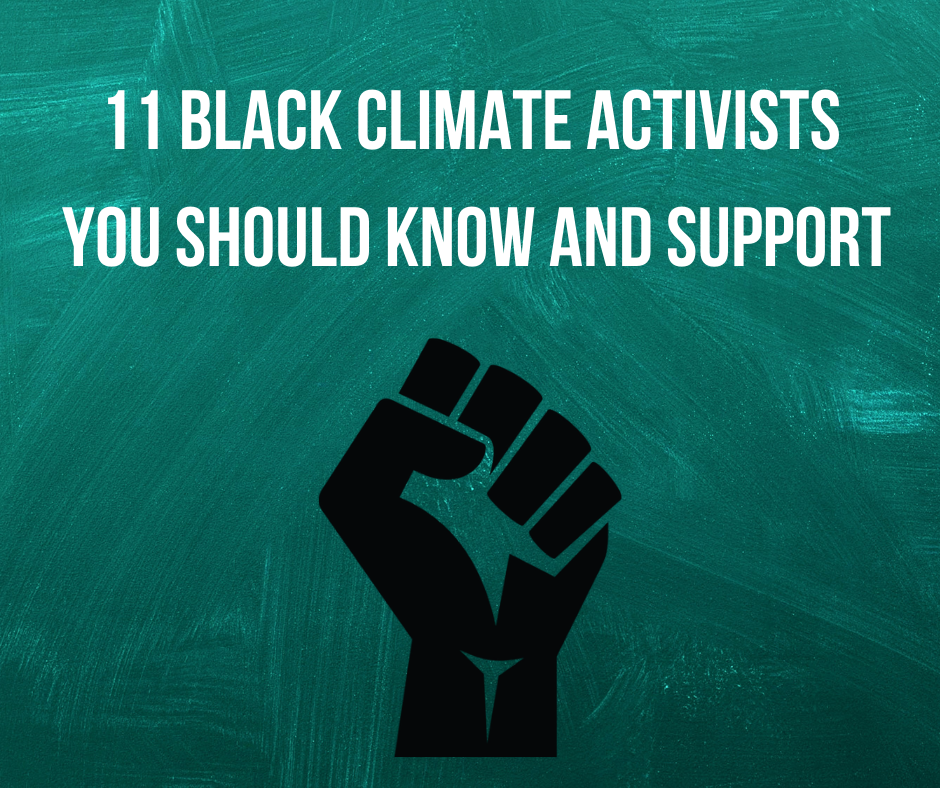
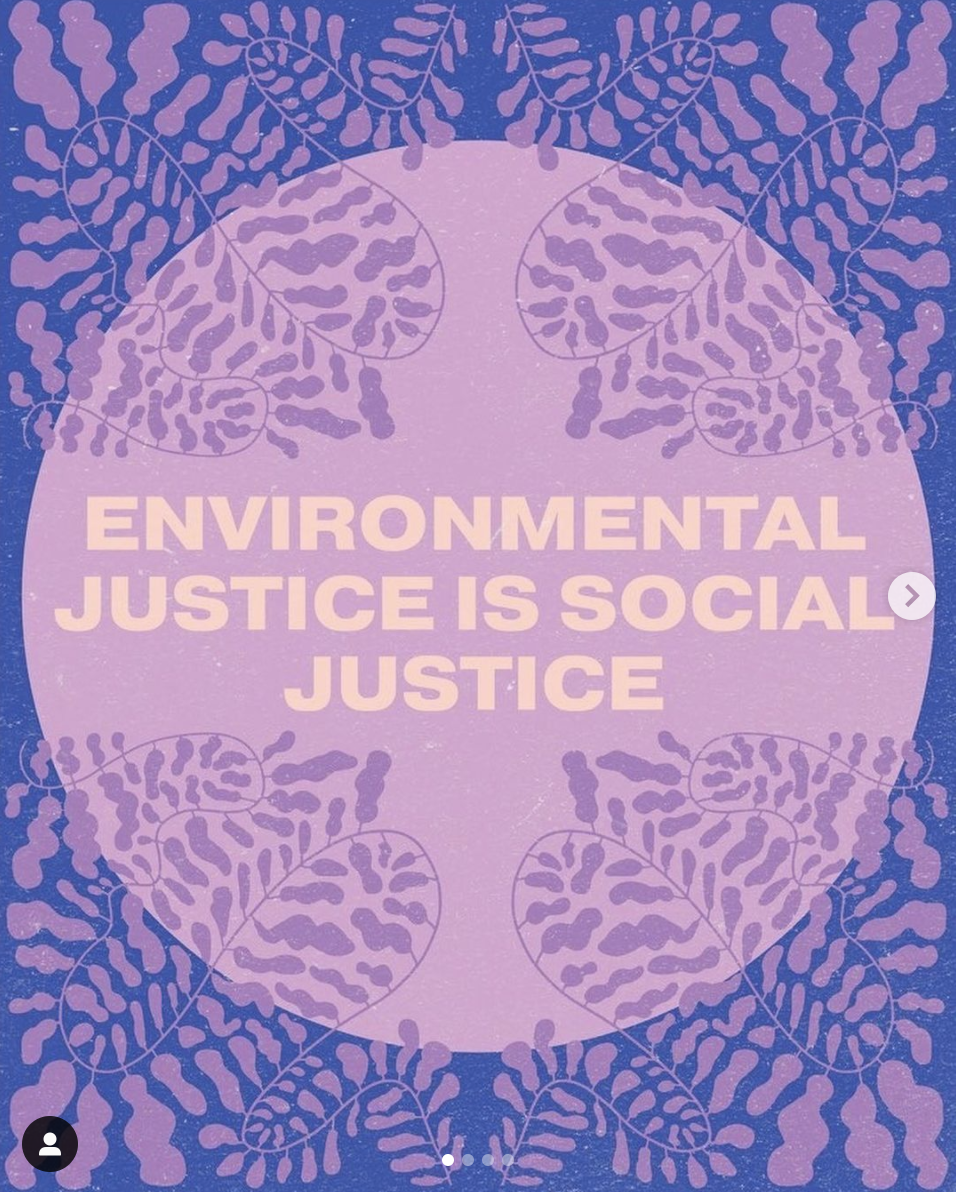

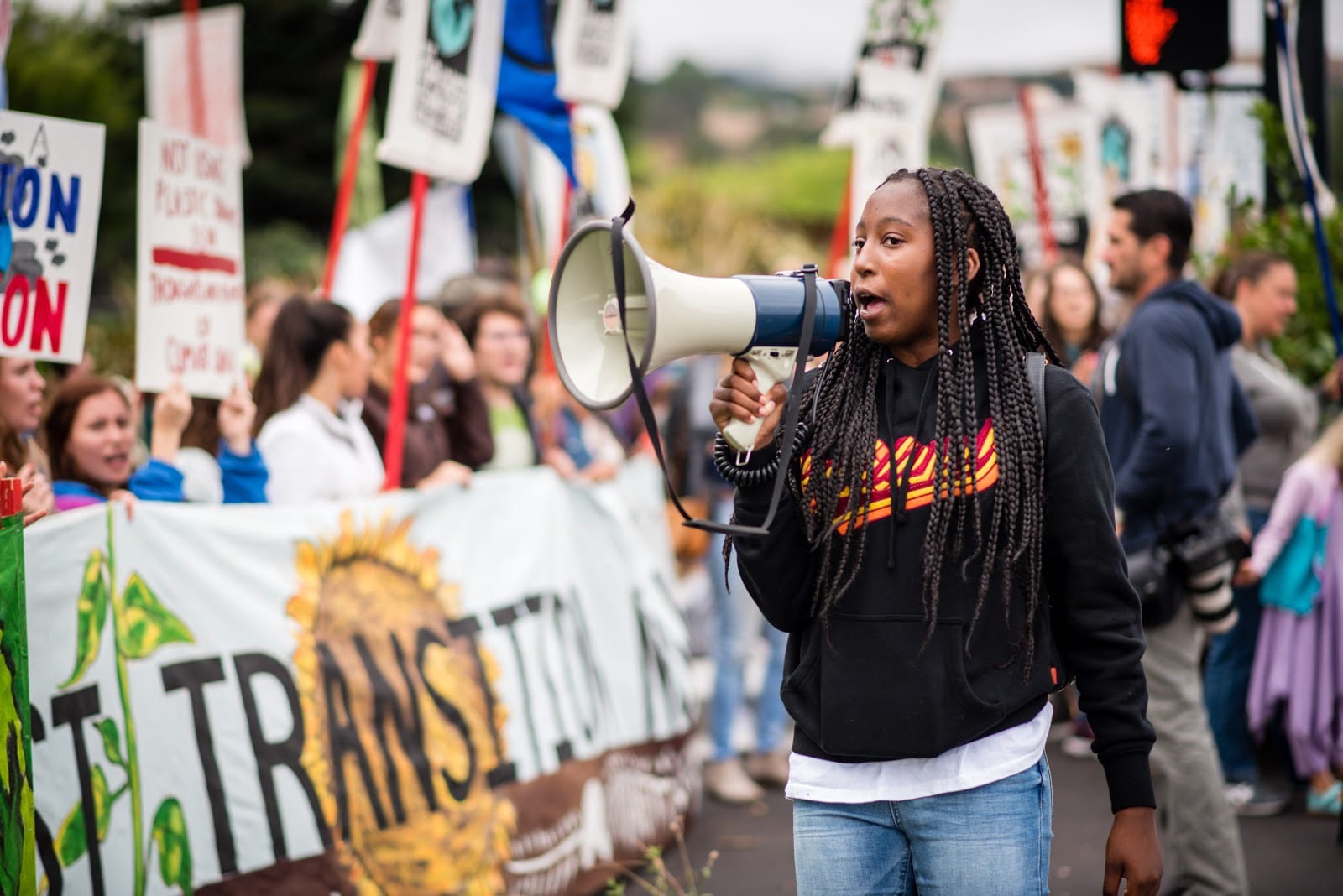


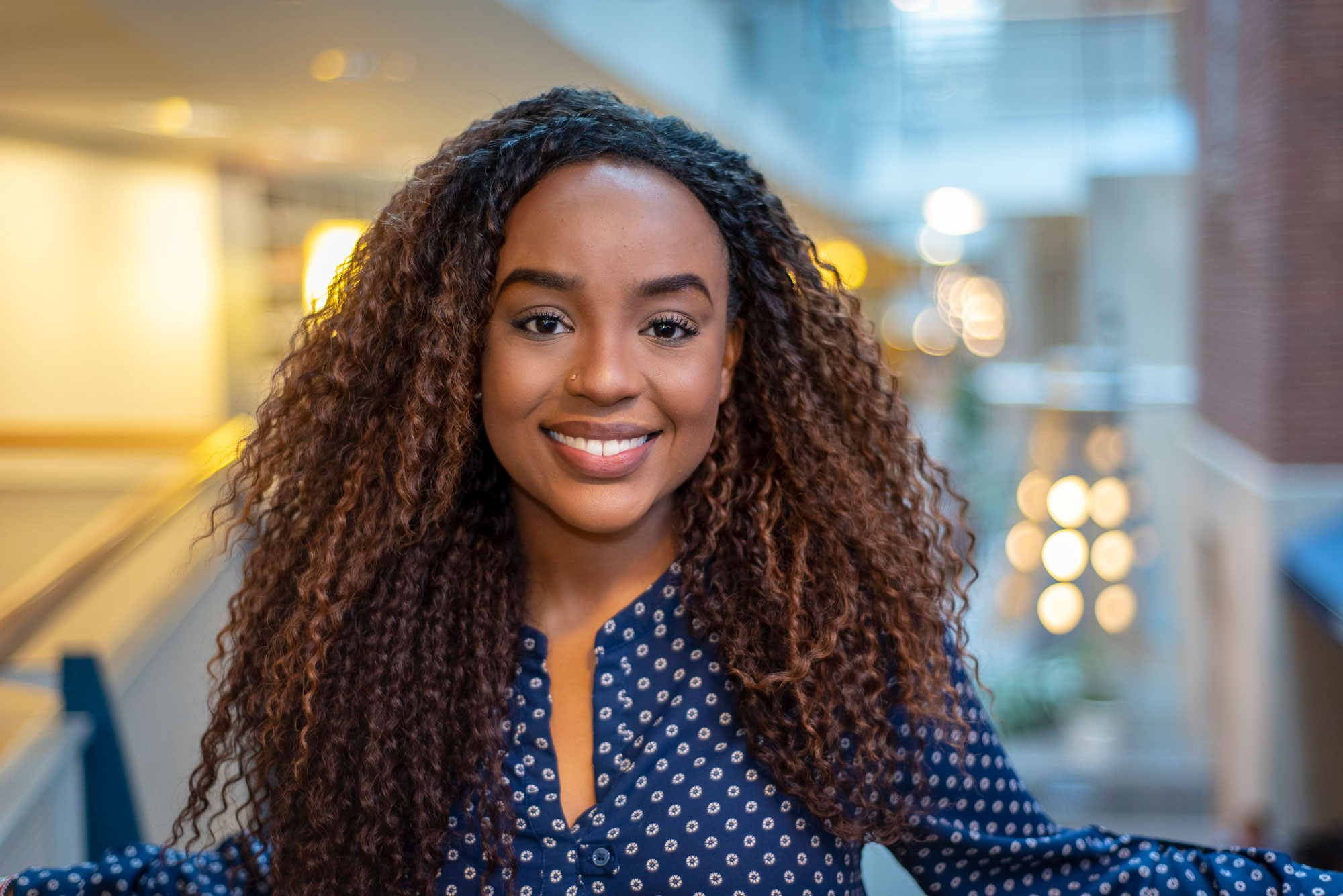




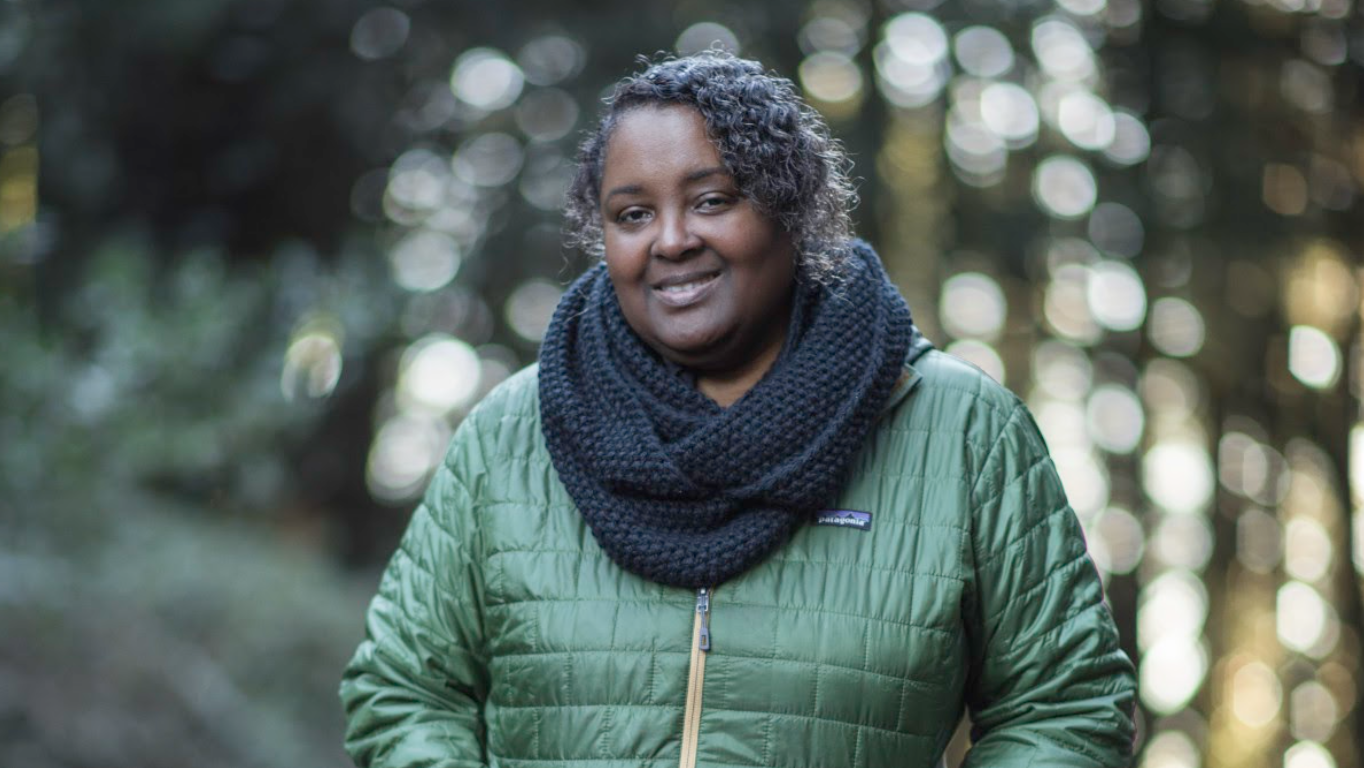



Greetings from Tallahassee, Florida. I am requesting the opportunity to interview the eleven leaders for the podcast, On Earth. I can submit program information on the podcast and broadcast past programs for review. Thank you for your time and contribution to humanity.
Hi Bobby, thanks for your interest. Please contact the climate leaders listed above directly using the hyperlinked information.
Pls send any contact info you have for the 11, so I can volunteer. My skills are in leadership dev and writing.
Thank you, and be well!
~Susan
Poolrunning@gmail.com